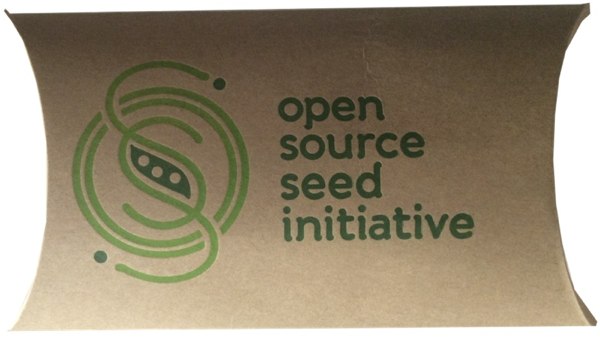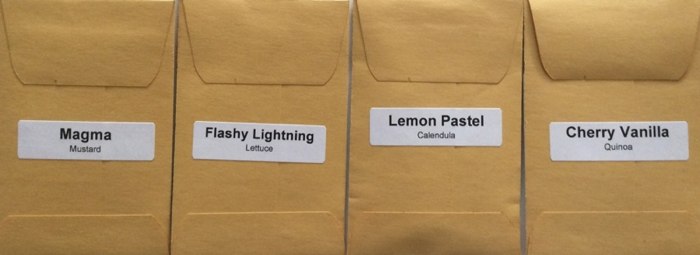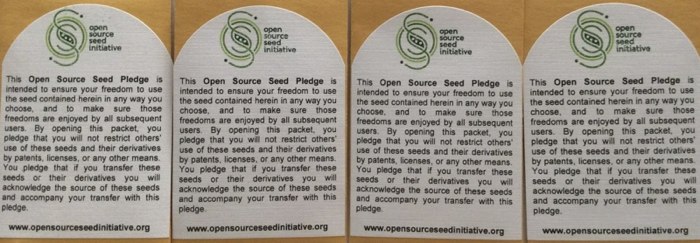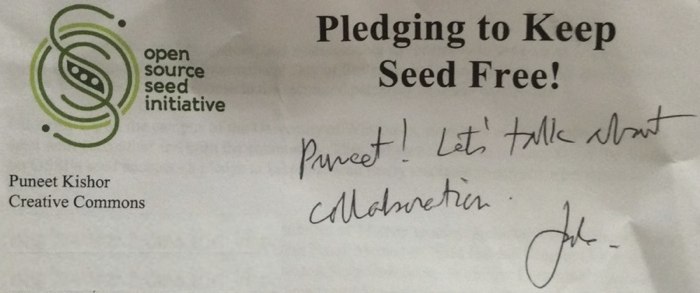FIRST Act moving ahead in US Congress
mercredi 21 mai 2014 à 17:36Update: The amendment to Section 303 was adopted.
Can it be salvaged to promote public access to federally funded research?
In March we wrote about the introduction of the Frontiers in Innovation, Research, Science and Technology Act of 2014 (FIRST Act). The aim of the FIRST Act is to promote the dissemination of publicly funded scientific research. But the contentious Section 303 of the bill rolls back some of the most common policies governing existing research investments.
If passed in its current state, the FIRST Act would extend embargoes to federally funded research articles to up to three years after initial publication. This means that commercial publishers would be able to control access to publicly funded research during this time, and the public would not have free public access to this research. Even the longstanding NIH Public Access Policy tolerates embargoes no longer than 12 months. We’ve said before that the public should be granted immediate access to the content of peer-reviewed scholarly publications resulting from federally funded research. Immediate access is the ideal method to optimize the scientific and commercial utility of the information contained in the articles.
The FIRST Act would allow grantees to fulfill access requirements by providing a link to a publisher’s site instead of requiring deposit in a federally-approved repository. Currently NIH research grantees must deposit in the PubMed Central repository. The reliance on publishers to make (and keep) the research available jeopardizes the long-term access and preservation of publicly-funded research in the absence of a requirement that those links be permanently preserved.
The FIRST Act would permit affected agencies to spend up to 18 additional months to develop plans to comply with the conditions of the law, thus further delaying the plans that are already being organized by federal agencies under the White House Public Access Directive and Omnibus Appropriations Act.
The bill was previously was discussed in the subcommittee of the House Committee on Science, Space, and Technology. The passage of the FIRST Act with the Section 303 language as-is would harm existing as well as proposed public access policies in the United States. Today during the full committee markup of the bill Representatives James Sensenbrenner (R-WI) and Zoe Lofgren (D-CA) will introduce an amendment that would improve Section 303.
The Sensenbrenner/Lofgren amendment would change the embargo to 12 months, with the possibility that under certain circumstances the embargo could be extended for an additional 6 months. The amendment still does not require that federally-funded research articles be deposited in an approved repository. But it would shorten the length of time agencies get to develop and implement their public access plans. Affected agencies would need to develop a public access plan and report to Congress within 90 days. And the plans would need to be implemented within a year. One interesting piece of the amended Section 303 is that after an initial three-month planning period, the agencies would be required to submit an analysis on whether covered works should be made available under an open license.
Such report shall include an examination of whether covered works should include a royalty-free copyright license that is available to the public and that permits the reuse of those research papers, on the condition that attribution is given to the author or authors of the research and any others designated by the copyright owner.
There’s still time for you to call members of the House Science, Space and Technology Committee and tell them to support the Sensenbrenner/Lofgren Section 303 amendment. The amendment is a step in the right direction to truly supporting public access to publicly funded research in the United States.





